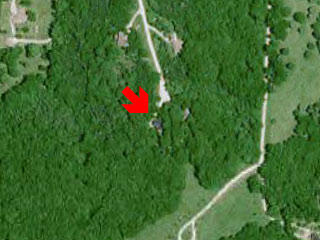More on Google’s foray into the world of radio advertising from RAIN’s Kurt Hanson, including quotes and links to The New York Times and the WSJ Online.
“The key to it is that Google is potentiallty bringing 400,000 new advertisers (their AdWords clients) to the radio medium. These new advertisers will (A) fill up unsold inventory and (B) eventually add increased demand for avails. Increased demand, of course, will inevitably drive up prices. That’s how supply-and-demand works.”
I’m still waiting for someone to explain what –if anything– that’s going to mean for barter arrangments with radio stations. Are we looking at a future where every avail can be sold?
Apparantly the dMarc software can automatically send advertisements right into radio station’s traffic ystems, bypassing the largely manual process currently used in the radio industry. Anybody have any first-hand experience with dMarc? Know a station that uses it? I’d love to know more about it.

